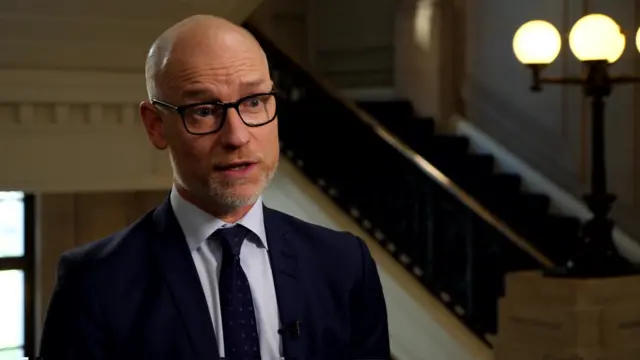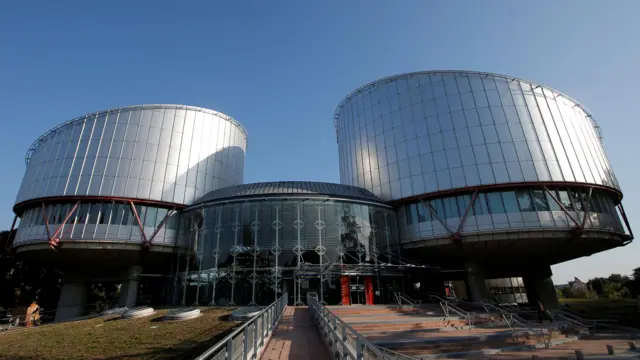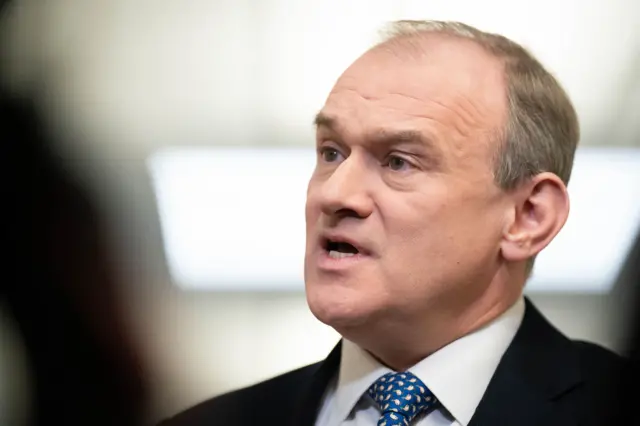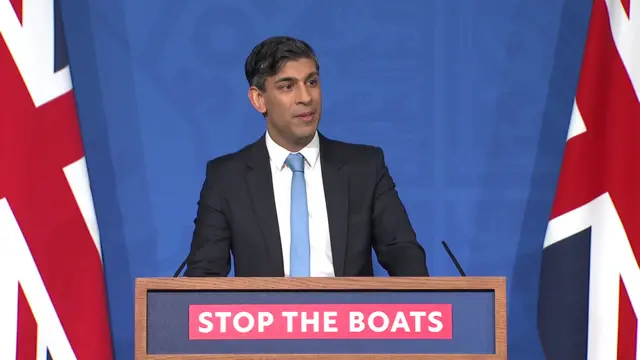Sunak says Rwanda bill 'an urgent priority' - but he faces several hurdles before flights can take offpublished at 13:23 GMT 18 January 2024
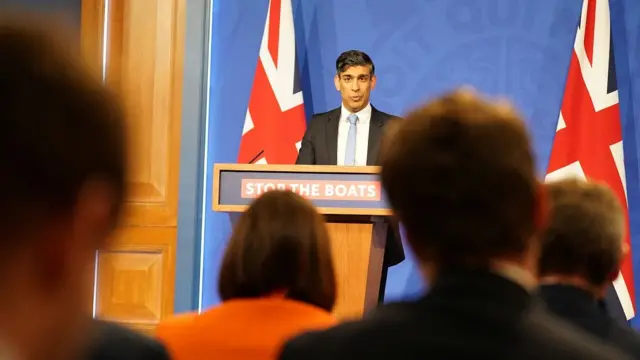 Image source, Reuters
Image source, ReutersRishi Sunak has urged the House of Lords to "do the right thing" and back his Rwanda legislation after winning Commons approval for it last night.
Speaking in Downing Street, Sunak said passing the bill was "an urgent national priority".
It passed in the Commons with a comfortable 44-vote majority after a backbench revolt largely melted away. But he has already been warned the bill will face stern opposition from peers.
What you need to know
Sunak has made the Rwanda policy - first put forward by Boris Johnson in 2022 - central to his premiership. Under the plan, some migrants who cross the Channel in small boats could be sent to Rwanda. But an earlier version was ruled unlawful by the Supreme Court in November.
The new bill could be held up in the Lords, and is likely to face a series of further legal challenges. Former independent reviewer of terrorism legislation Lord Carlile warned it was "a step towards totalitarianism" for ministers "to place themselves above the courts".
Despite dozens of Tory backbenchers rebelling to back unsuccessful amendments aimed at making the bill tougher, the PM insisted last night's vote showed his party was "completely united". "I'm fighting every day to get the flights off to Rwanda," he added.
How the opposition reacted
Lib Dem leader Ed Davey said that instead of tackling cost-of-living issues and problems in the NHS, the government was "too busy fighting over an unworkable and expensive policy that is destined to fail".
And Labour called today's news conference "bizarre". Stephen Kinnock said the government should work with European partners to "go after criminal gangs" trafficking people rather than "headline chasing gimmicks" like Sunak's Rwanda policy.
What happens next?
Sunak is under pressure to deliver on his flagship policy, with no-one sent to Rwanda yet. He was pushed by journalists to say when the first flights would take off - he stressed he wanted flights "as soon as practically possible", but he say any more.
Next, the bill makes its way to the Lords, where it'll likely face opposition from peers - we'll have all the details on that when it happens.
In the meantime, we're ending our live coverage - our full story is here. Thanks for joining us, have a lovely day.
